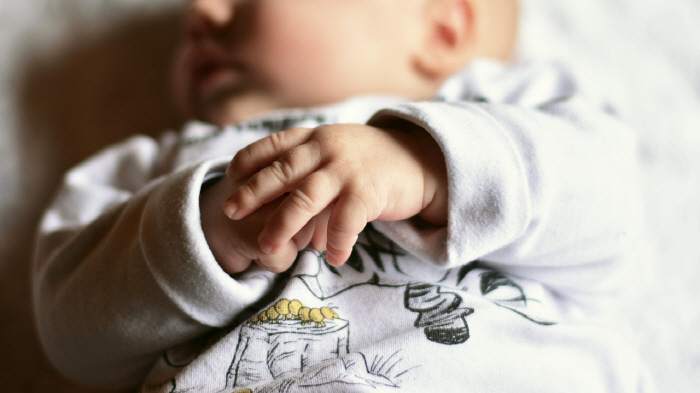Korea's stone sleeping time is 74 minutes shorter than that of the United States and Australia...Parenting stress ↑
|
This is the result of a multinational study on the sleep patterns of Korean, American, Australian mothers and infants by a research team led by Professor Seo Soo-yeon of the Department of Psychology at Sungshin Women's University and a research team at Monash University in Australia, published recently in the official journal 'Behavioural Sleep Medicine'.
The research team surveyed 2005 Korean, American, and Australian women with children of 6, 12, and 24 months and found that Korean infants had shorter sleep hours and longer to fall asleep than American infants at all points, and showed a similar trend at 12 and 24 months compared to Australian infants.
This is consistent with previous studies showing that infants in Asian countries have shorter sleep times and later bedtime when compared to Western countries. Previously, this phenomenon was highlighted as the main reason for the busy academy schedule caused by overheated academic competition, but the study found that children in Asian countries begin to sleep much earlier than in school.
In particular, according to the results of the study, it was reported that Korean infants sleep about 74 minutes shorter every day than American and Australian infants around the time of their death (12 months). Considering that securing enough sleep time plays an important role in preventing children's mental health problems, recent reports of a surge in child depression further highlight the importance of forming healthy sleeping habits from childhood.
In this study, the symptoms of insomnia in Korean mothers were also significantly higher than in developed countries.
Sleep problems that cannot fall asleep without the help of a guardian and often wake up at night to find a guardian are common in one in three infants and toddlers, and obstructing parents' sleep can also increase parenting stress. The research team emphasized the need to spread services that allow children to sleep better and parents to take necessary rest, such as Australia, where various government-provided services exist, such as 's sleep school'.
As a result of this study, compared to the U.S. (6%) or Australia (31%) based on 12 months of infants, Korean parents prefer to sleep in one bed with their children (85%) and cultural differences in night parenting were also seen.
Professor Seo Soo-yeon said, `The fact that Korean babies sleep less and mothers have higher symptoms of insomnia since birth is directly related to social factors"The burden of nightly childcare, which is disproportionately aggravated for Korean mothers, the father's late rush hour delays children's bedtime, and the sleeping culture that insists on co-sleeping leads to insomnia among mothers, eventually spreading to social problems such as low birth rate.", he pointed out. "I hope that interest in the sleep culture related to night parenting will increase and change."
This article was translated by Naver AI translator.




